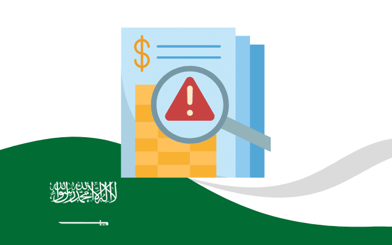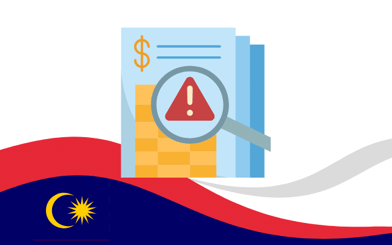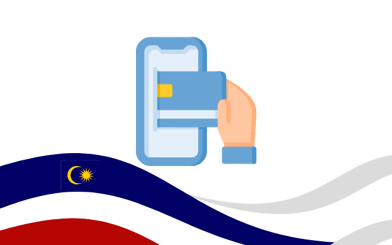How to Secure Your Major Payment Institution License in Singapore
Contents
Embarking on the journey of providing payment services in Singapore? Understanding the nuances of licensing is crucial. Let’s delve into the essential steps and considerations for obtaining a Major Payment Institution (MPI) licence from the Monetary Authority of Singapore (MAS).
Unveiling the MPI License
If your business aspires to conduct substantial payment activities in Singapore, a Major Payment Institution licence is your gateway. This licence, issued by MAS, falls under the broader category of payment service provider licences, alongside money-changing licences and standard payment institution licences.
Navigating the Regulatory Landscape
Payment service provider licences empower businesses to offer a range of regulated payment services outlined in the Payment Services Act 2019 (PSA). These services span account issuance, domestic and cross-border money transfers, merchant acquisition, e-money issuance, digital payment token services, and money-changing services. However, specific services listed in Part 2 of the First Schedule of the PSA remain excluded from regulation.
Trigger Points for MPI License
When should you pursue an MPI licence? Crossing certain transaction thresholds mandates an MPI licence:
- S$3 million monthly transactions for any payment service (excluding e-money account issuance and money-changing services).
- S$6 million monthly transactions for two or more payment services (excluding e-money account issuance and money-changing services).
- S$5 million of daily outstanding e-money.
Exemptions and Alternatives
Certain entities, like banks, merchant banks, and finance companies, enjoy exemptions from obtaining an MPI licence, provided they fall under specific regulatory acts. For entities focused solely on money-changing services, a money-changing licence suffices. However, those venturing into regulated payment services below specified thresholds can opt for a Standard Payment Institution licence.
Who Qualifies to Apply
Eligibility to apply for an MPI licence extends to Singapore-incorporated companies or foreign corporations registered in Singapore. Key criteria include maintaining a permanent place of business or registered office, a minimum base capital of S$250,000, and a board of directors meeting specific citizenship and residency qualifications.
Navigating the Application Process
The application process involves an online form accessible via Singpass, taking approximately 45 minutes. Supporting documents, including ACRA business profiles and organisational charts, are crucial. Application fees, varying based on the applied payment services, must be paid to MAS after submission.
Evaluation Criteria by MAS
MAS evaluates licence applications based on factors such as the fitness of controllers and directors, qualifications and experience, financial condition, and regulatory compliance capabilities. Approval leads to listing in the Financial Institutions Directory, accessible to the public.
Ongoing Obligations for MPI License Holders
MPI licence holders must adhere to ongoing regulatory requirements, including:
- Anti-Money Laundering and Countering the Financing of Terrorism Requirements.
- Business Conduct obligations, covering aspects like customer fund safeguarding and accurate disclosures.
- Timely and accurate Disclosures and Communications regarding any changes to the licence.
Licence Validity
Once granted, an MPI licence remains valid until revoked, lapsed, or surrendered. However, businesses must cease payment services immediately upon cessation of the licence, as continuing without a valid licence is a punishable offence.
In conclusion, navigating the MPI licensing process is a strategic step for businesses aiming to provide significant payment services in Singapore. This guide ensures a clear understanding of the regulatory landscape, application procedures, and ongoing compliance obligations, facilitating a secure and compliant entry into the dynamic world of payment services.
Related Articles
Time to reform your compliances
Kickstart your journey by exploring our products or book a demo with us.









.png?height=245&name=AML%20Regulation%20Malaysia%20(640%20x%20400%20px).png)




.png?height=245&name=MSB%20License%20-%20MY%20(1).png)






